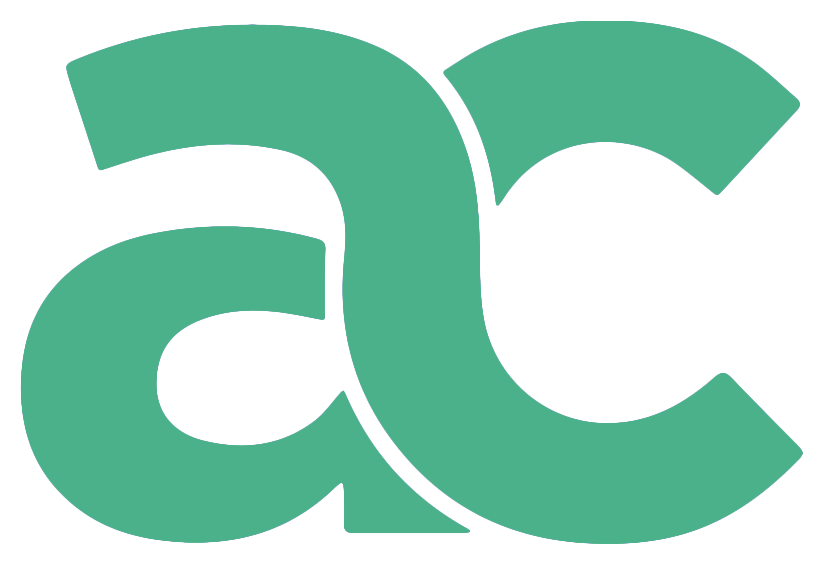
Team Building Event: Game of Kings
Game of Kings is a fun, competitive indoor team building adventure of planning and strategy.
-
The original group accommodation experts
Founded in 2000 -
Best price guaranteed
No messing around -
Stress free planning
We do all the hard graft
Accommodation:
Activities:
Evening:
Food:
Game of Kings
Game of Kings
Plan the ultimate event in 3 simple steps
Making not so simple events, simpler.
-
Build your trip
Choose from hundreds of houses, hotels & activities< to create an iconic getaway. Alternatively, get in touch and our specialists will piece together a bespoke proposal.
-
Secure a booking
All of our trips can be booked with small deposits so once you’ve decided on a trip, you can secure it super-fast and hassle-free through your party portal 24/7.
-
Finalise the nitty gritty
With an AC trip, you can change your group size and add bolt-ons up to 8 weeks before your event. Your event manager will also be on hand to help from your first click to your last drink.


